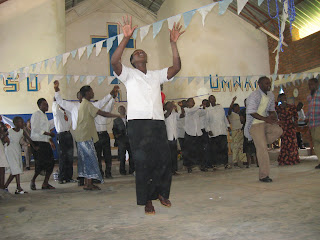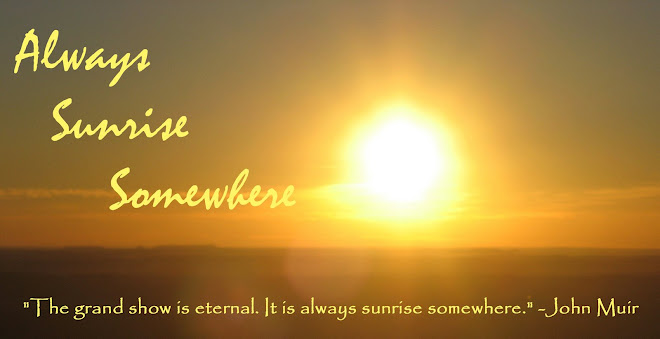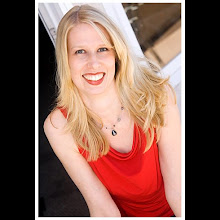A few summers back I went on a trip to North Africa with some friends from back home, including Geoff and June. Geoff recently wrote and requested that I share about what it's like to worship here with the local Rwandese....
It's an interesting question, because here in Kigali, for the first month or so, I attended English-speaking services at a few different churches (expat friends from work invited me to go). It was a lot like worship back home in America....similar songs, similar worship style, same language (!), etc. There were a lot of Rwandans in the congregation, even more than expats, but everything still had a westernized feel to it.
After about a month, I visited some Rwandan churches here in the area. For the time being, I have decided to alternate Sundays at two of these more-traditional Rwandan-style churches in the Kigali-area. These churches both happen to be Ev. Free churches. (I am alternating Sundays, rather than attending one church only, because of what I would call burden-of-translation issues. While Rwandans are always very welcoming, and always ask me to return, I think it may be difficult to receive a visitor like me because someone feels obligated to translate for me. I admit I appreciate this a lot, but it's a tough job for the translator! So I try to give the translators a break...)
One of the churches I am attending is the church that I've told you about already, just outside of Kigali, that Baraka's father planted. It's a small-but-growing church, and is really a help to the community out there. The other church is within Kigali city limits where a team from Ev. Free Fullerton built two school buildings in the summer of 2004.
And yes.....worship is similar at both churches that I attend....and it is VERY different than back home! Not better, nor worse....I think God is the Author of wondrous diversity and receives with grace and enjoyment ANY worship offered from a sincere heart. It's just....very different!
I attended the Kigali-city church this past Sunday, and right as things were getting really exciting, with congregation members spontaneously joining the choir up front, dancing and singing at the top of their lungs, I was thinking how it was amazing that this church was the same denomination as my church back in the US! :)

I don't know the words to the songs, so at the moment I can't join in too well.....maybe next time I should at least join in on the dancing! I think Rwandese very much understand what it meant that David danced before the Lord! Baraka, in all her sweetness, purchased me a hymn-book, so maybe I can learn at least a song or two in Kinyarwandan....
Another difference in worship styles is that worship services are long here, with the worship time itself lasting at least two hours, with choir(s) and group songs and prayers and praise. Then worship is always followed by a message (sermon) and then announcements, and then a bit more singing, usually, so it's a good three or more hours of time together.

A final difference is the theme of worship. The photo above is of the choir in the background, joined by joyful congregants in the foreground, all singing about how God showed the way out of Egypt, through the desert, and into the promised land, and it won't be long before we all get to the promised land, because of what God has done for us by sending us Jesus as the Great Guide. So many songs center around the glories of heaven, the promises that await, the hope that we can have even in sorrow and suffering....there is a profound understanding here, it seems, that life isn't good and it isn't fair but that faith in Jesus offers comfort, help, and hope for an eternal future where there will be no more tears. It's really perspective-altering, in many ways.
That's it for now....if I can think of any more major differences (besides maybe....I don't know, different clothes!) I'll keep you posted....























